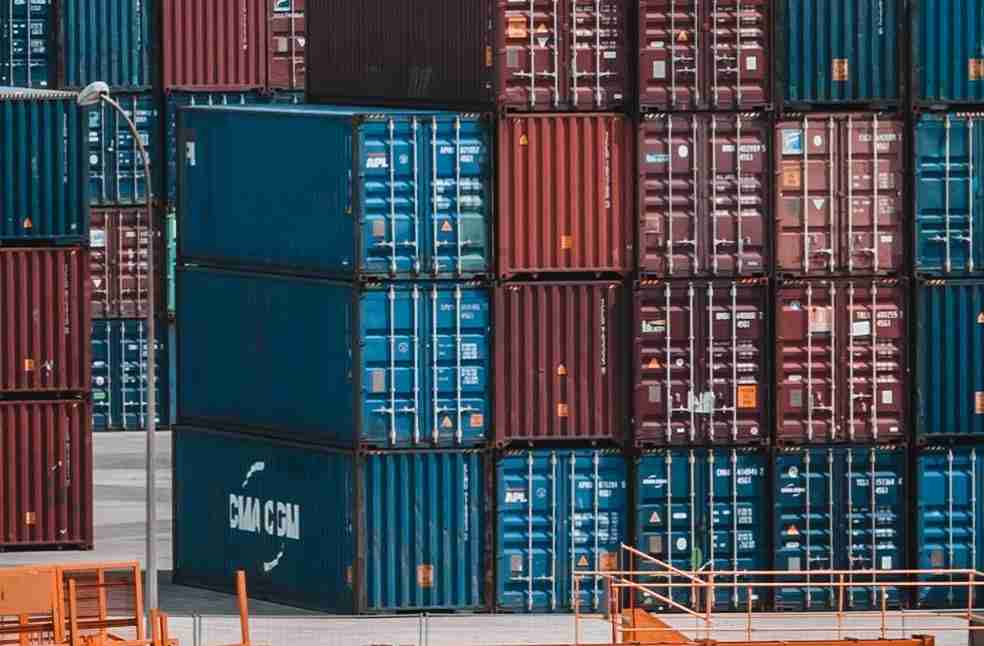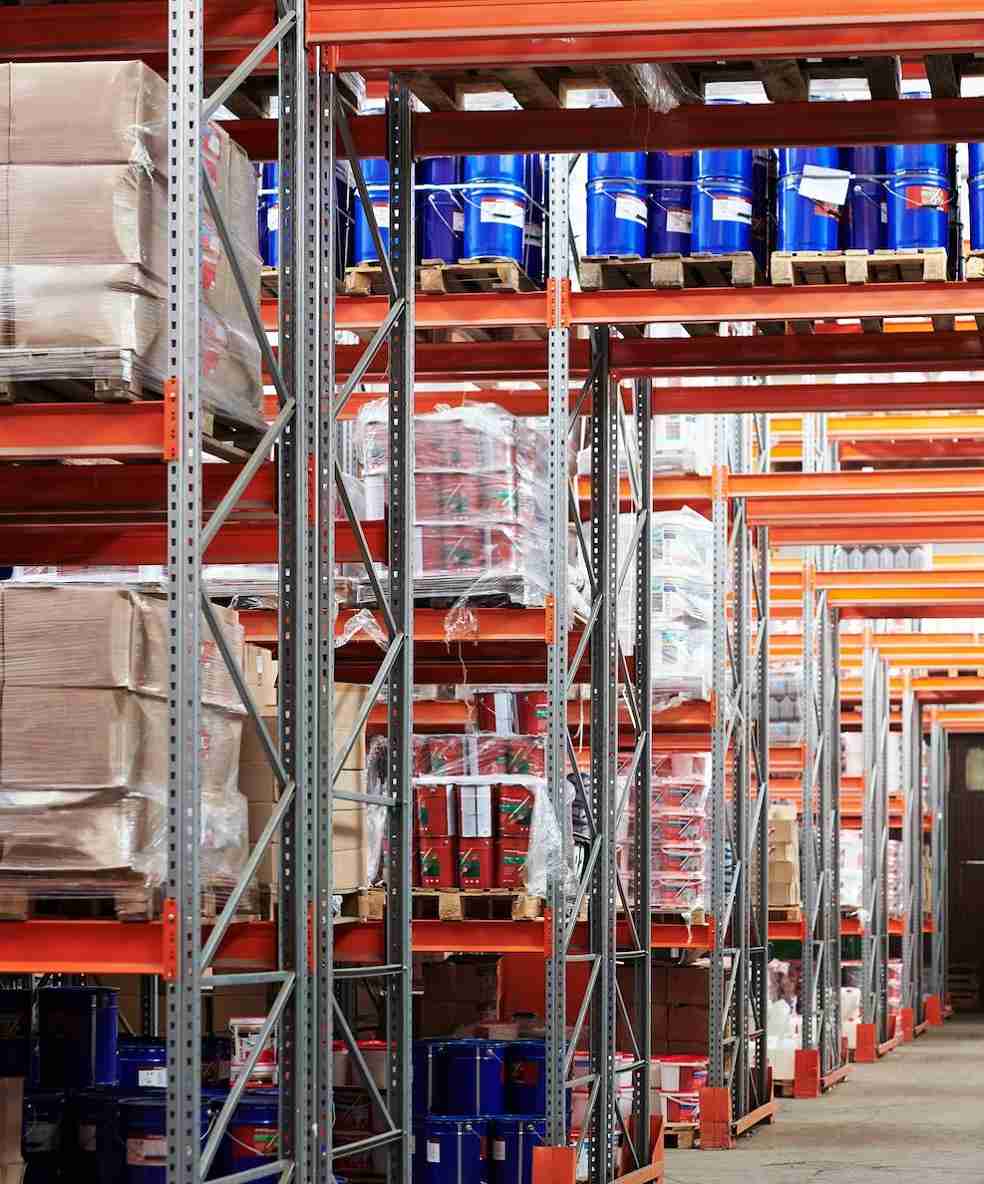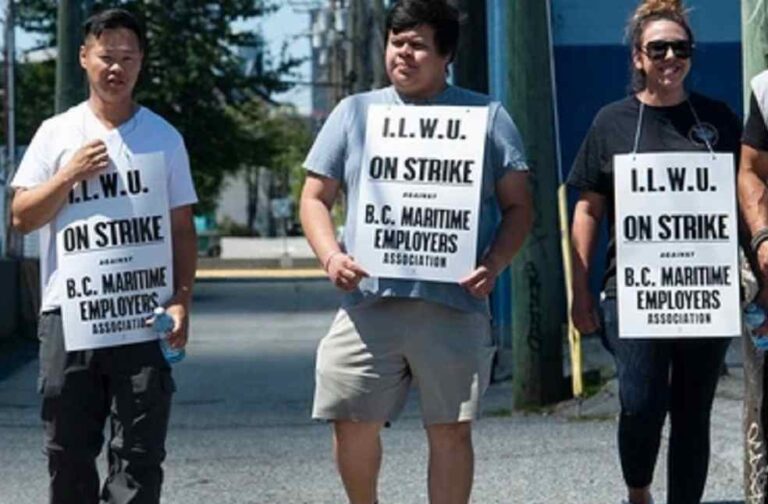Maritime employers in British Columbia (B.C.) have proposed binding arbitration to conclude the ongoing port strike after negotiations with the International Longshore and Warehouse Union (ILWU) Canada stalled. Thousands of union members initiated the strike last Saturday, severely disrupting the province’s supply chains and international trade partnerships.
The B.C. Maritime Employers Association (BCMEA) criticized ILWU Canada for its unyielding stance, asserting that their demands exceed the scope of any reasonable settlement framework. According to the BCMEA, further bargaining under the current circumstances is unlikely to yield a collective agreement.
On the fifth day of the strike, the BCMEA stated that billions of dollars’ worth of cargo were stranded, jeopardizing relationships with international trading partners and critical supply chains. If ILWU Canada accepted the proposal for binding arbitration, the association claimed that port operations could swiftly resume, enabling a steady flow of goods and restoring stability to Canada’s supply chain operations.

Nearly three weeks ago, the BCMEA initially suggested mediated arbitration, a process defined by both parties that would result in a binding outcome only when necessary. The ongoing deadlock has affected more than 7,000 workers at 30 ports across B.C.
Fourteen work shifts have been shut down over five days of the strike, disrupting an estimated $3.7 billion worth of cargo, including automotive parts, refrigerated food, fertilizer, and critical minerals, which are not reaching Canadians or international trade partners.
In response to the strike, a significant North American railway has enforced temporary embargoes on export traffic to the Port of Vancouver. Canadian Pacific Kansas City, formerly known as CP Rail, is closely monitoring developments and communicating directly with customers about the strike’s impact.
The railway seeks a swift resolution to the strike to safeguard North American supply chains and the Canadian economy. Meanwhile, embargoes have been put in place for the Port of Vancouver to maintain network fluidity.

Maintenance issues have been a bone of contention in the negotiations. The union claims that its jurisdiction over maintenance is being undermined by the employment of contractors. The BCMEA, on the other hand, accuses the union of attempting to expand its control over maintenance duties, a move that conflicts with a decades-old agreement.
The BCMEA has expressed its readiness to resume negotiations, provided ILWU Canada presents a reasonable proposal. Business organizations, along with officials from Alberta and Saskatchewan, have urged the federal government to intervene and resolve the strike. However, Federal Labour Minister Seamus O’Regan has encouraged both parties to return to the negotiating table.
GLOBAL ROUNDUP: Trade Turmoil: Labor Disputes and Drought Disrupt Global Shipping



